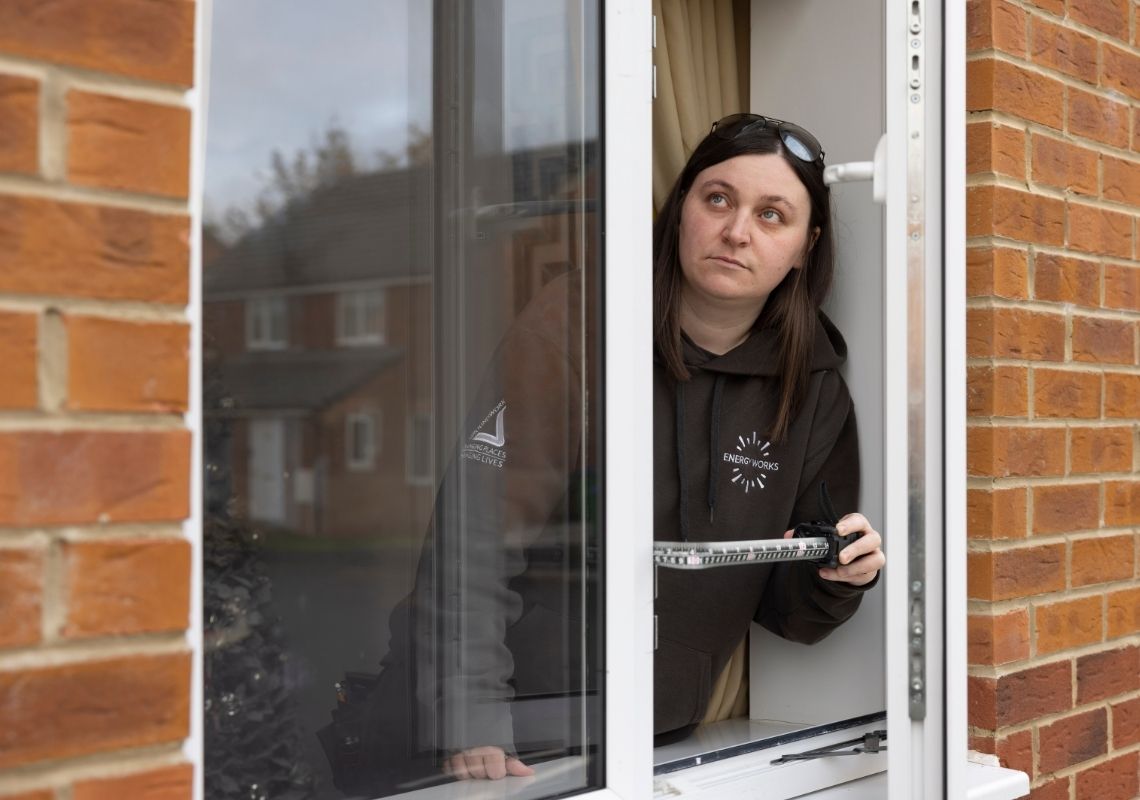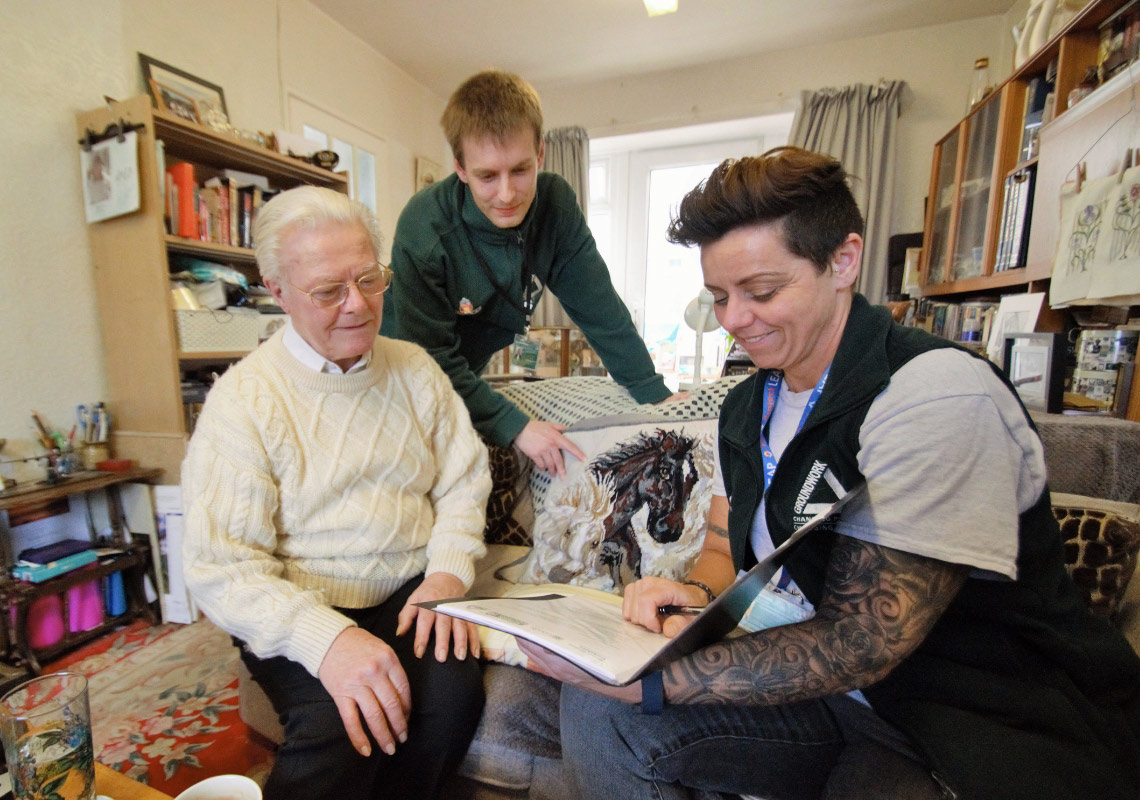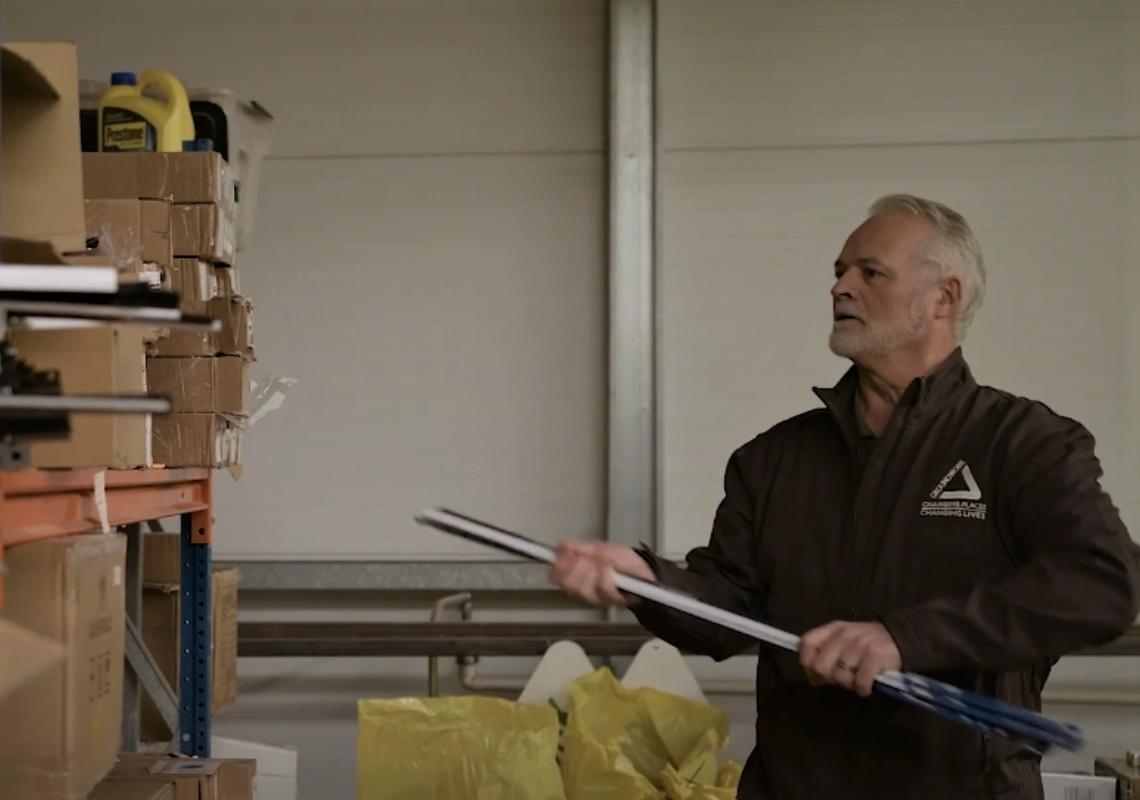A vision for Greater Manchester’s Built Environment

44% of land in Greater Manchester contains homes, work buildings, roads or other manmade structures, many of which were built over 100 years ago. A significant investment is required to retrofit our built environment so that we can improve the populations health and wellbeing, provide more space for nature, and be better prepared for the effects of climate change.
We believe that every person deserves to live warm and well in their homes and therefore, all properties in Greater Manchester should be retrofitted so they have an energy performance certification of a C or above. In addition, we believe that neighbourhoods should be designed to mitigate the effects caused by climate change, with urban-drainage systems installed as standard practice, helping reduce flood risk.
Sign up to our newsletter
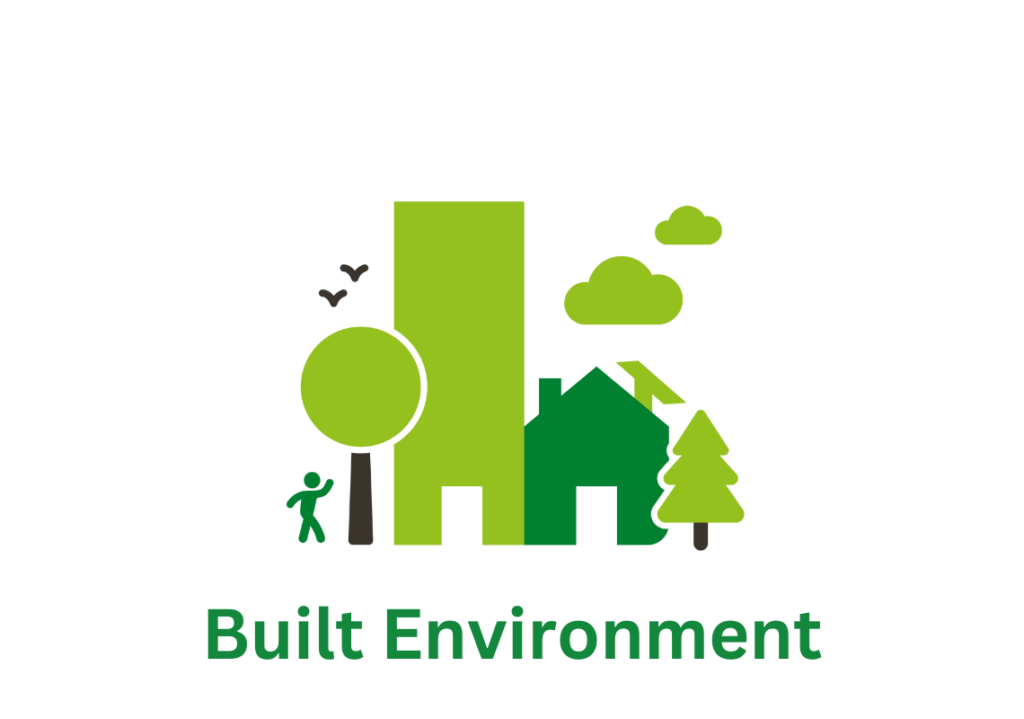
We are always open to new and innovative partnerships with those who share our vision for Greater Manchester’s built environment.
If you want to hear more about how Groundwork are retrofitting homes and upgrading urban landscapes, please sign up to our newsletter below. Or if you have an idea you’d like to speak to us about please contact us today.
How Groundwork will help make this vision a reality
It is estimated that an additional 8,000 construction jobs will be required in the next 5 years in order to meet the retrofit need. Our Green Skills employment programmes deliver retrofit training and employment opportunities to young people, people in prison and other groups of people not in employment and bring void properties back into use wherever possible.
Our Energyworks team help households improve their homes performance; installing small energy saving measures, completing Energy Performance Certificates (EPC’s) and undertaking retrofit assessments. Assessments are compliant with PAS2035 and involve a full house survey, providing occupiers and landlords with expert advice on the how to reduce fuel bills and carbon emissions.
Our landscaping design & build teams work with local communities to co-design high quality, accessible community spaces which include nature-based-solutions which reduce flood risk and minimise rising temperatures.
And finally, our Sustainable Business Consultants work with businesses to review their buildings efficiency, providing non-domestic energy audits and engaging them in discussions related to biodiversity on their grounds.
Why is the built environment so important?

Improved health & wellbeing
In 2021 it was estimated that nearly 1 million homes in England had damp problems. Prolonged exposure to damp and mould can cause a variety of medical problems from asthma to heart disease, with young people and people with pre-existing illnesses at a greater risk.

Reducing costs
The UK has some of the oldest housing stock in Europe, meaning that a lot of the time, money spent on heating our homes is going straight out the door! By retrofitting properties to keep the heat in, whilst ensuring adequate ventilation, the amount of energy used will reduce and therefore so will energy bills.
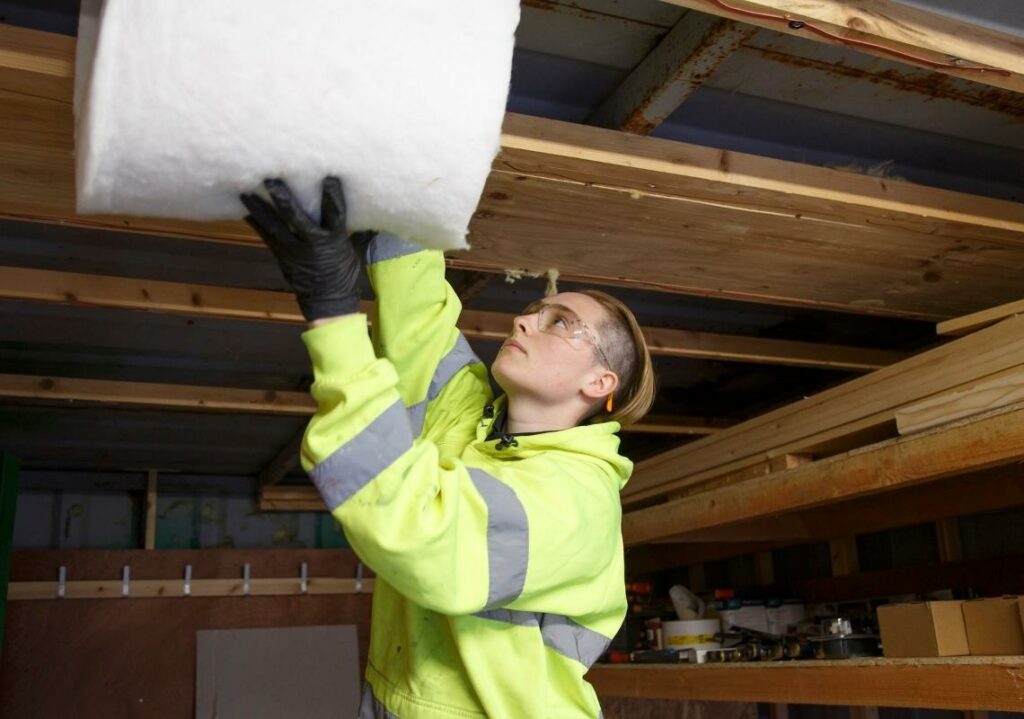
Reducing the effects of climate change
Heating our homes accounts for approximately 14% of total UK carbon emissions. By retrofitting properties to keep the heat in, whilst ensuring adequate ventilation, we can use less energy per household and therefore reduce carbon emissions and protect the environment from climate change.
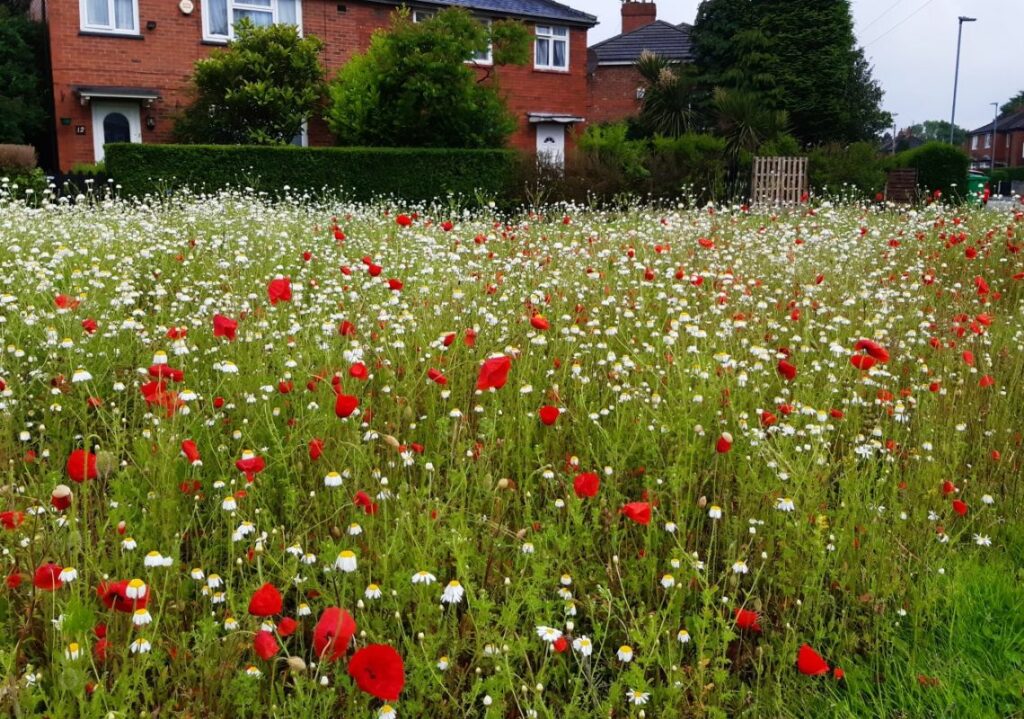
Creating space for nature
A dense built environment typically lacks in biodiversity and can create urban heat spots and increase flood risk.
Work is required to restore the balance across Greater Manchester’s landscapes, ensuring urban areas are designed to mitigate the effects of climate change and act as stepping stones for nature.

